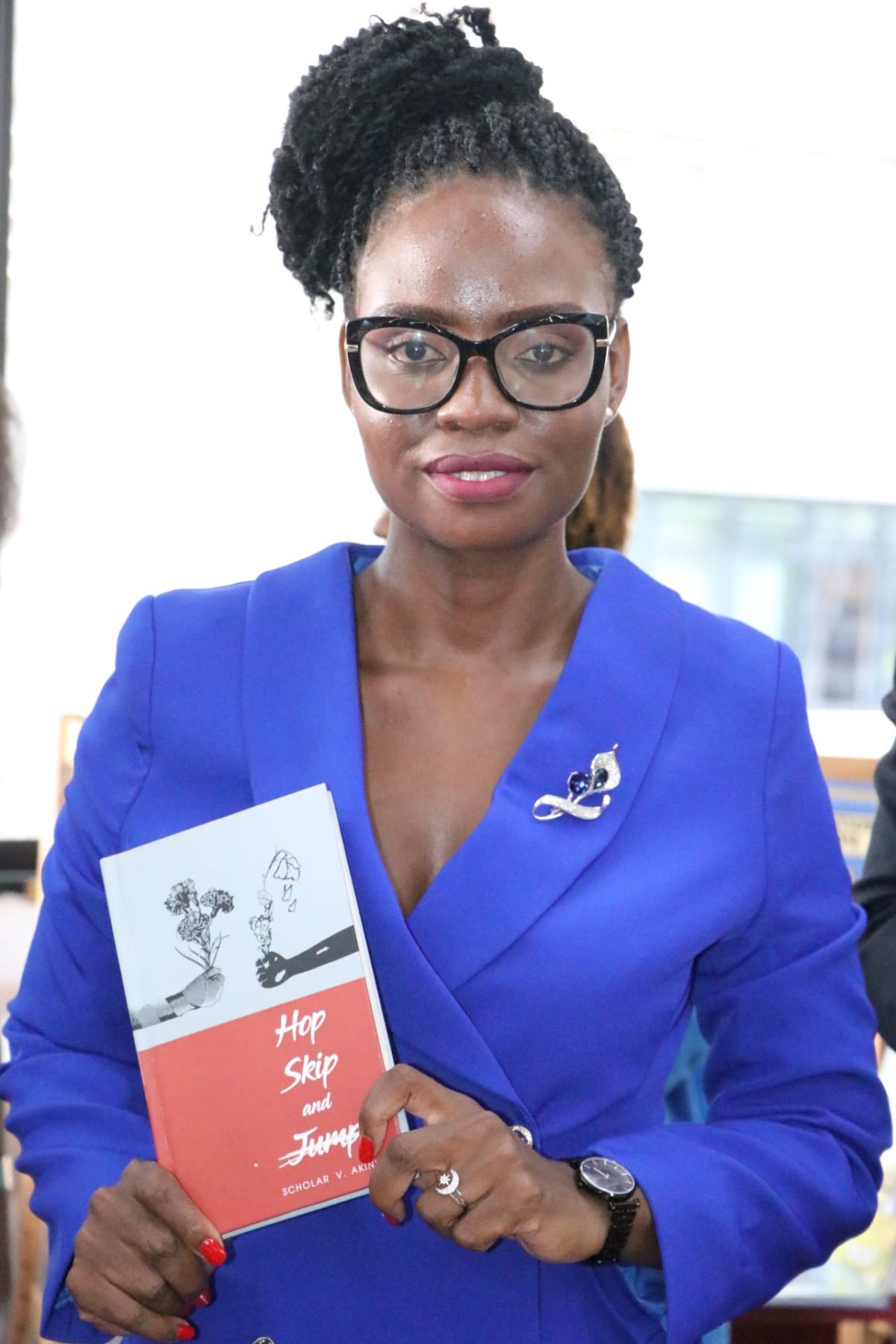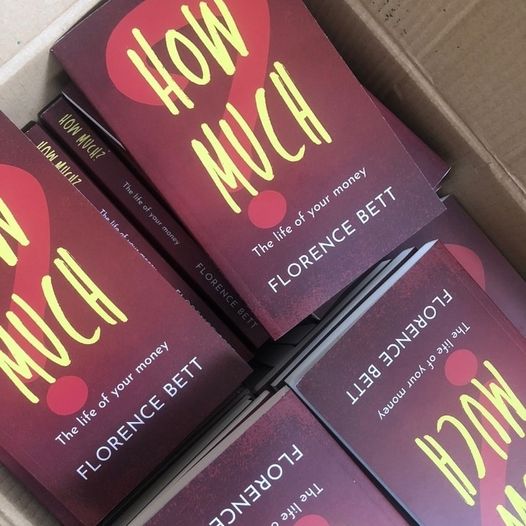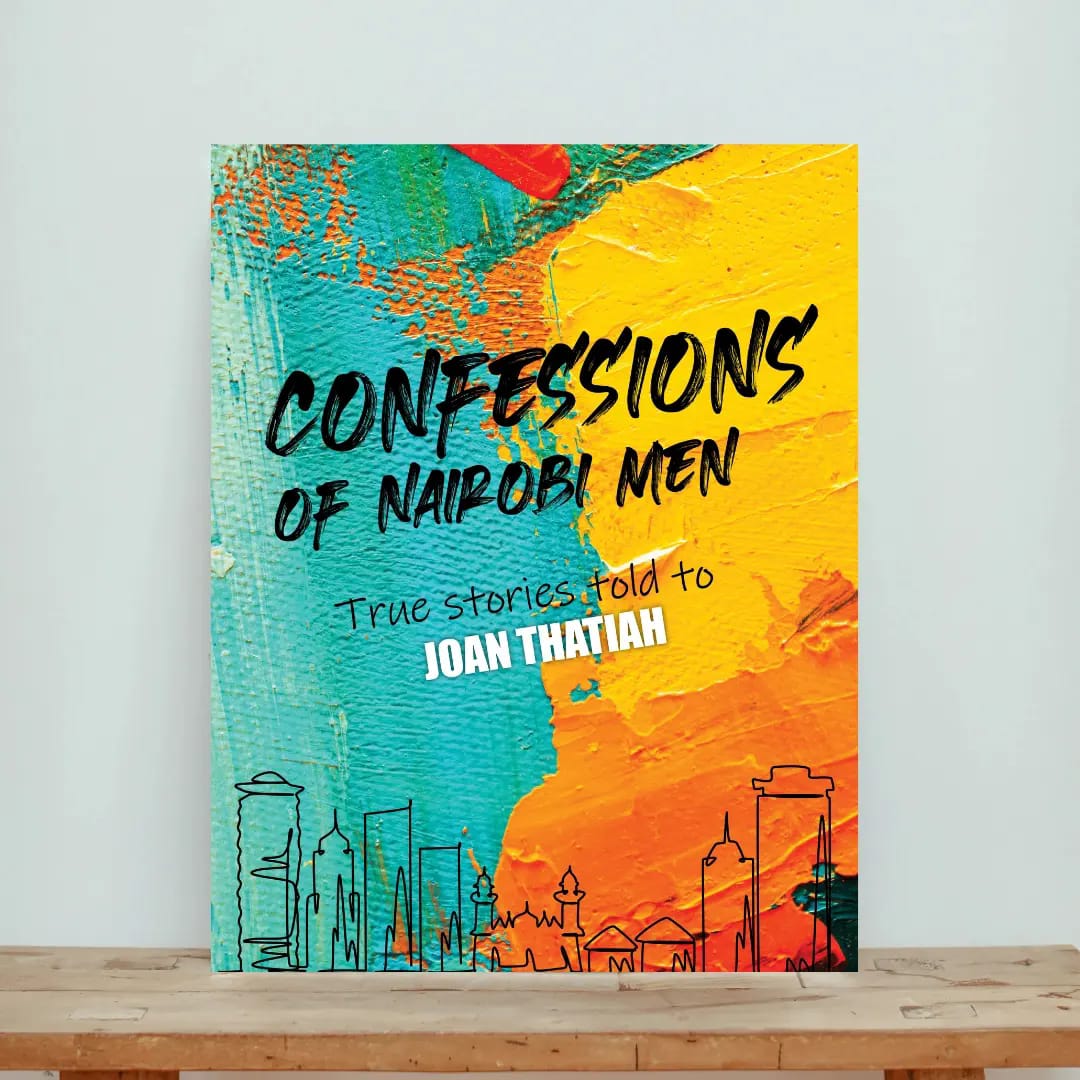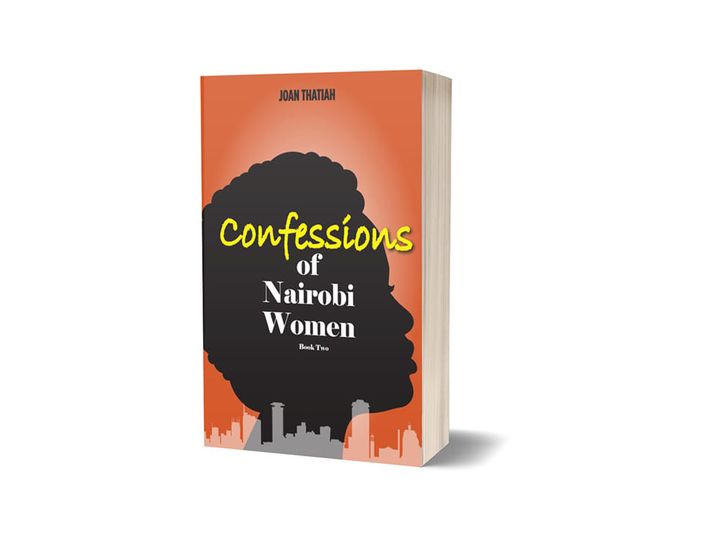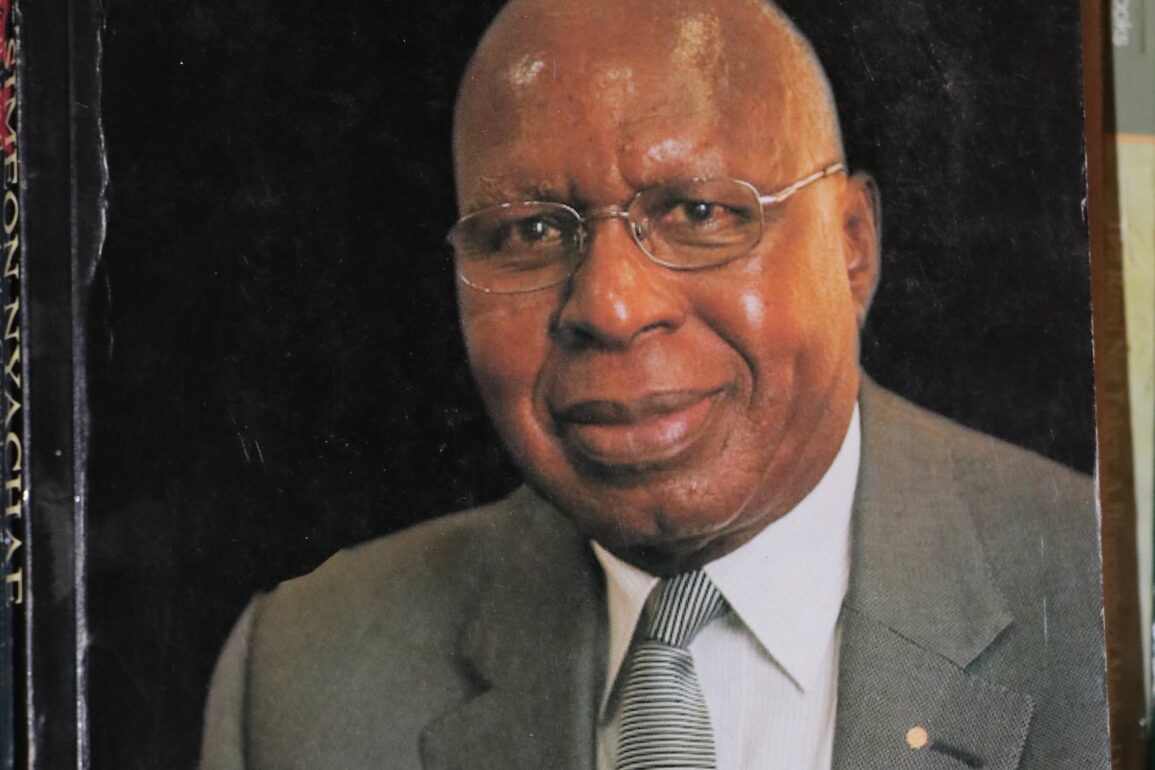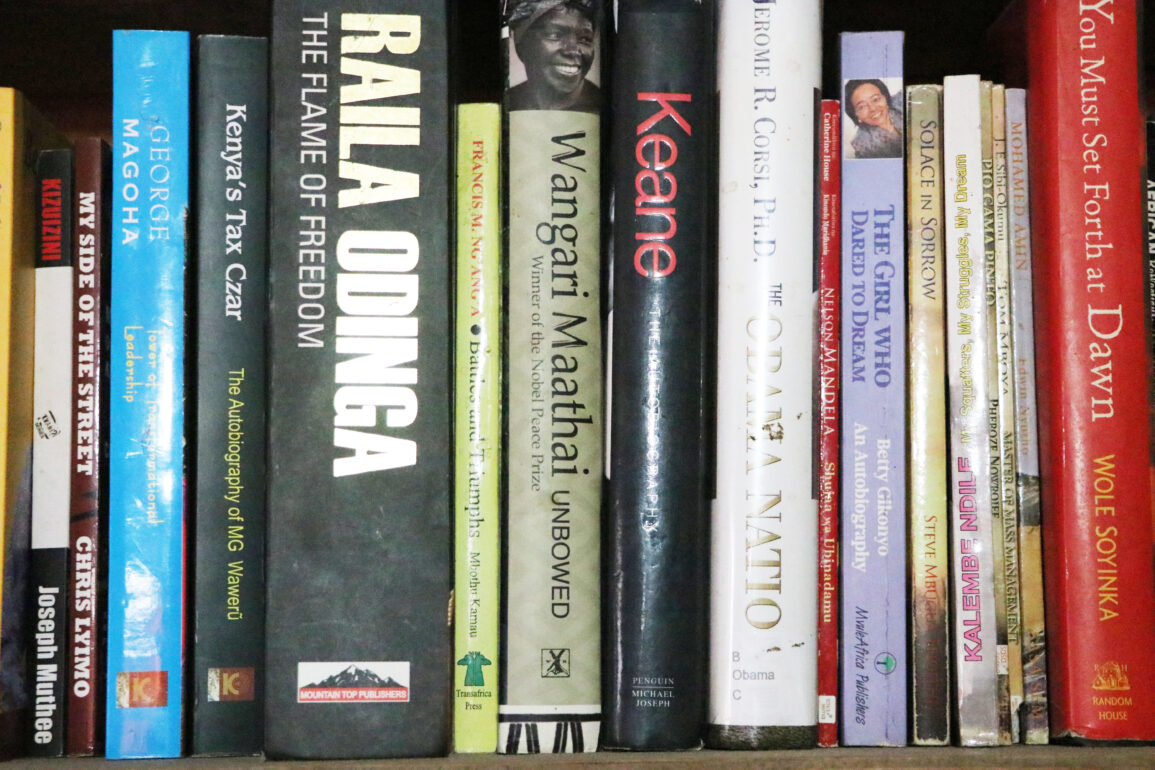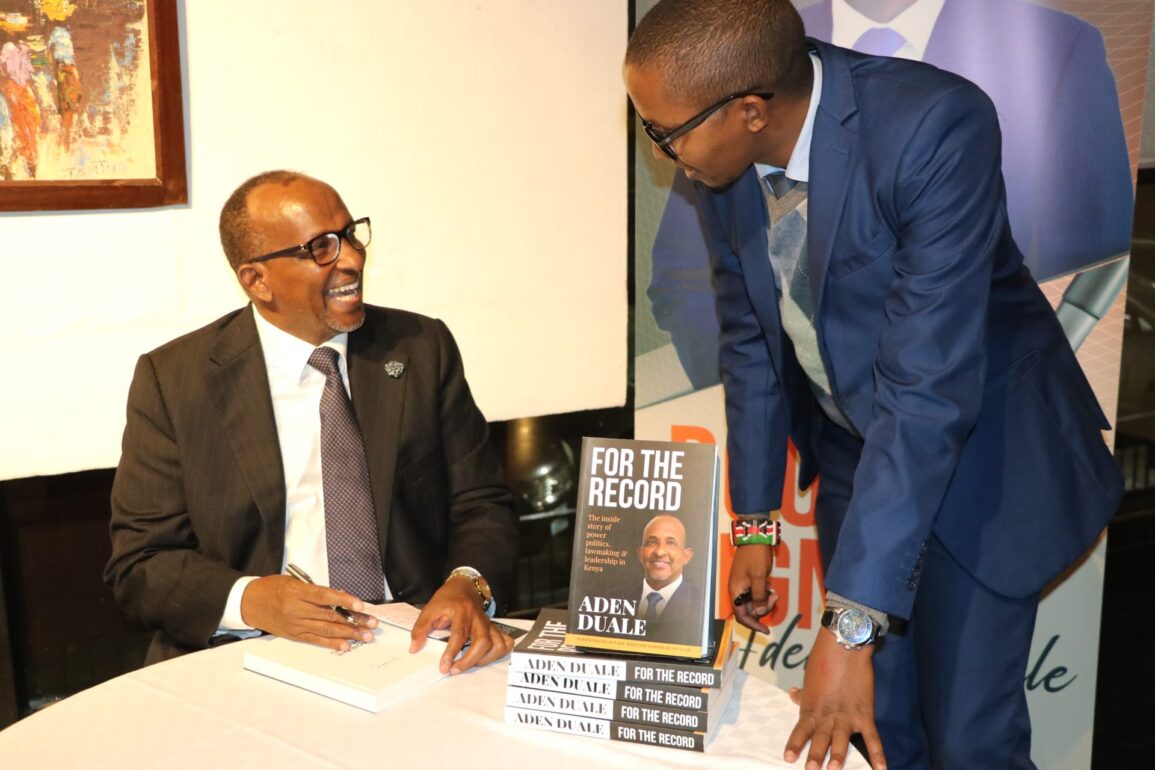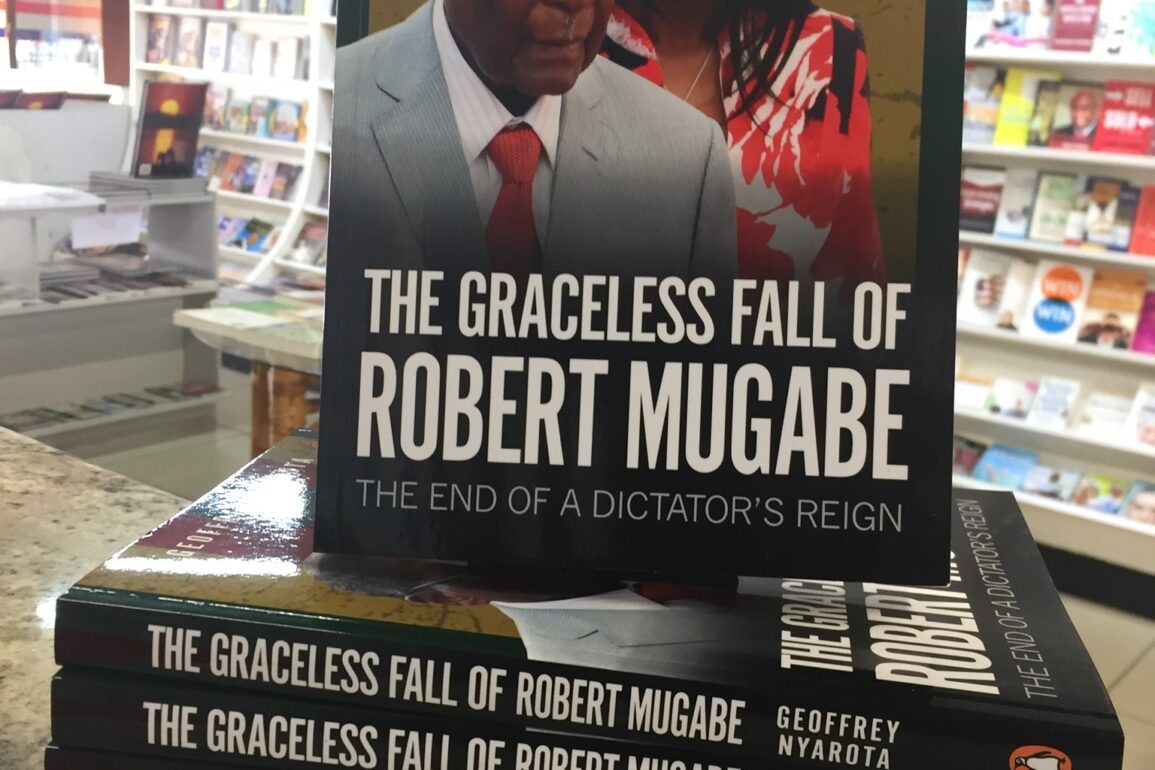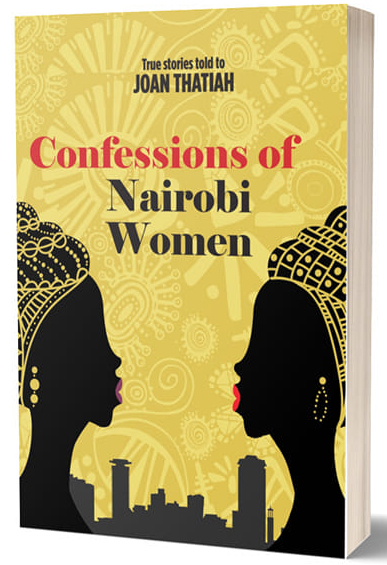TITLE: For The Record
AUTHOR: Aden Duale
PUBLISHER: Self
REVIEWER: Mbugua Ngunjiri
When retired president Uhuru Kenyatta fell out with his then deputy William Ruto and embarked on a purge of the former’s loyalists, Aden Duale was the last to go.
There had been speculation as to why the former Garissa Township MP was not let go in the manner in which other Ruto allies were dispensed with, especially those who held key positions in Parliament.
Well, it can be argued that the man, who currently occupies the Defence docket in William Ruto’s cabinet, is not your run-of-the-mill politician, who can be tossed around at will.
This was a man who had served as the Leader of Majority, in the August House, for a good eight years. It must count for something.
In terms of heirachy in Kenyatta’s government, Duale ranked number four, after the president, his deputy and the Speaker of the National Assembly, in that order.
It was him who did all the heavy lifting to ensure that the government agenda sailed through Parliament.
Now, through his book, For The Record, Duale has told his side of the story. He sheds light on events that led to his ouster from the coveted position of Leader of Majority.
Given the important position he occupied in Uhuru’s government and the single-minded zeal with which he went about his job, the president accorded him the honour of letting him know what he was about to do.
Uhuru summoned Duale and gave him the choice of working with the president of losing his position. Duale looked Uhuru in the eye and made it clear that friendship and loyalty mattered more to him and thus chose to stick with Ruto.
That loyalty paid off. Today, he is the cabinet secretary in charge of all defence forces in Kenya, probably one better than his father-in-law, who once served as the Chief of General Staff, during Moi’s and who had been the ultimate power broker in Garissa politics and probably the whole of North Eastern region.
Duale says that the idea to pen his memoirs came about when he found himself with extra time on his hands after he had been relieved of his parliamentary duties.
Writing the book must have been cathartic for him as it allowed him to let off steam as opposed his colleagues who chose political podiums to get back back at Uhuru for letting them go.
Although he goes through the ropes of telling his story about his early childhood days growing up and going to school in Garissa, one can tell that he is in a rush to get to the ‘real stuff’; politics.
It is through the rough and tumble of politics that Duale is what he is today and boy did he play his politics hard?
As a politician, it is safe to say that Duale, when the situation suited him, grazed with the hares and hunted with the foxes.
Being the outspoken person he is, Duale, in large sections of his book does not shy away from letting out what is in his mind.
In one section he outlines the levels he went to ensure that the motions introduced by government carried the day.
Seeing as parliamentary motions involved robust debate inside the chamber, Duale made it his business to identify MPs who would give him a hard time in the house. “I used to identify the rabble-rousers in their ranks, and send them on foreign trips just when I was about to bring a controversial proposal, which I suspected they would oppose. While they were away, business went on,” he writes.
Speaking of parliamentary bills, Duale writes about a particularly controversial one; The Security Bill, Uhuru Kenyatta wanted passed in Parliament. Here Duale found himself in a bit of a pickle as it touched on the community he hails from.
One afternoon Uhuru called Duale at State House to seek his support for the bill. He shocked many in the meeting, including Ruto, when he eye-balled the president and aired his thoughts. “No, Mr President. I don’t support some of the provisions. They are discriminatory against Muslims and appeared to have been drafted to target Somalis and their businesses. I will not support it,” Duale quotes himself as telling the president.
However, the most revealing anecdote – and this is to put it mildly – touches on Ruto’s case in The Hague and the levels to which they went in ensuring his boss and friend was let off the hook.
Duale reveals that their investigations led them to believe that the UK was determined that Uhuru and Ruto would be convicted and probably serve lengthy jail terms.
There was thus renewed urgency to let Ruto off the jaws of the International Criminal Court (ICC), after Uhuru’s case was dropped. Duale was to play a crucial role in this endeavour.
It so happened that at the same time Britain was pushing for the fixing of Ruto at The Hague, the were also eager to have their treaty, that sees their military train in Laikipia, ratified.
This is where Duale came in.
As Leader of Majority in Parliament, it was his role to marshall MPs to ensure that the treaty was renewed. That is how Ruto’s allies found their checkmate towards the Brits.
When push came to shove, Duale, without mincing words, told the British that if they wanted the treaty renewed, they would have to go easy on Ruto’s case in The Hague.
Well, the British relented; Ruto was let off the hook and Duale pulled strings to ensure that the much-needed treaty was ratified.
Well, this revelation tells you all you need to know about the ‘games’ that are played at the international level and whether the ICC is an institution committed to delivering justice or a tool used by Western powers to advance their geopolitical interests.
Still, whether that particular episode says anything about Ruto’s culpability in the ICC case is neither here nor there.
From the look of things, the Ruto ICC revelation must have left Duale quite drained for that is where his enthusiasm for engaging content dried up.
One would have expected that Duale, courtesy of his ringside spot as Ruto’s right hand man, the reader would have been treated to juicy behind-the-scenes revelations on the Uhuru/Ruto fallout as well as how the then Deputy President went about putting together such a fearsome campaign machinery that eventually catapulted him to State House.
Careful reading of the book in the later sections reveals a coyness if not outright refusal to tell what he knows.
Any reader who has keenly followed Kenyan politics right from the Handshake days, which also included Ruto’s ‘tangatangaring’ years, the campaigns and the election, in the mainstream and social media, will tell you Duale tells us nothing new.
It is either that he held back a lot or was heavily censored (by whom? take a guess). Totally missing in the book are details about the controversial 2017 Jubilee Party nominations, which Ruto masterminded and which led to the near-total emasculation of Uhuru in his Mount Kenya backyard.
This is unlike the Duale who so boisterously describes his days as the Leader of Majority (one can tell that he thoroughly enjoyed tenure) as well as his robust take on the ICC case.
On my part, I was especially keen on how Duale treats Uhuru Kenyatta given the acrimonious falling out the former president and his then deputy. Well, unlike his successor in Parliament, who appears hard-wired to issuing anger-filled broadsides at Uhuru, at any given opportunity, Duale comes out as measured in his views on the retired president. Granted that he includes the mandatory rehashed Kenya Kwanza talking points (grouses?) against Uhuru, one can tell that Duale has grudging respect for Kenya’s fourth president.
The book is quite engaging and well written and brings out Duale’s abrasive character quite admirably. The editing too, is point and so is the general packaging of the book.
This book will prove to be a useful resource political science students, especially those undertaking parliamentary studies.
It is a remarkable effort, especially coming from a Kenyan politician, given that they are known to be notoriously averse to writing their memoirs.
Duale must be commended for this effort.

